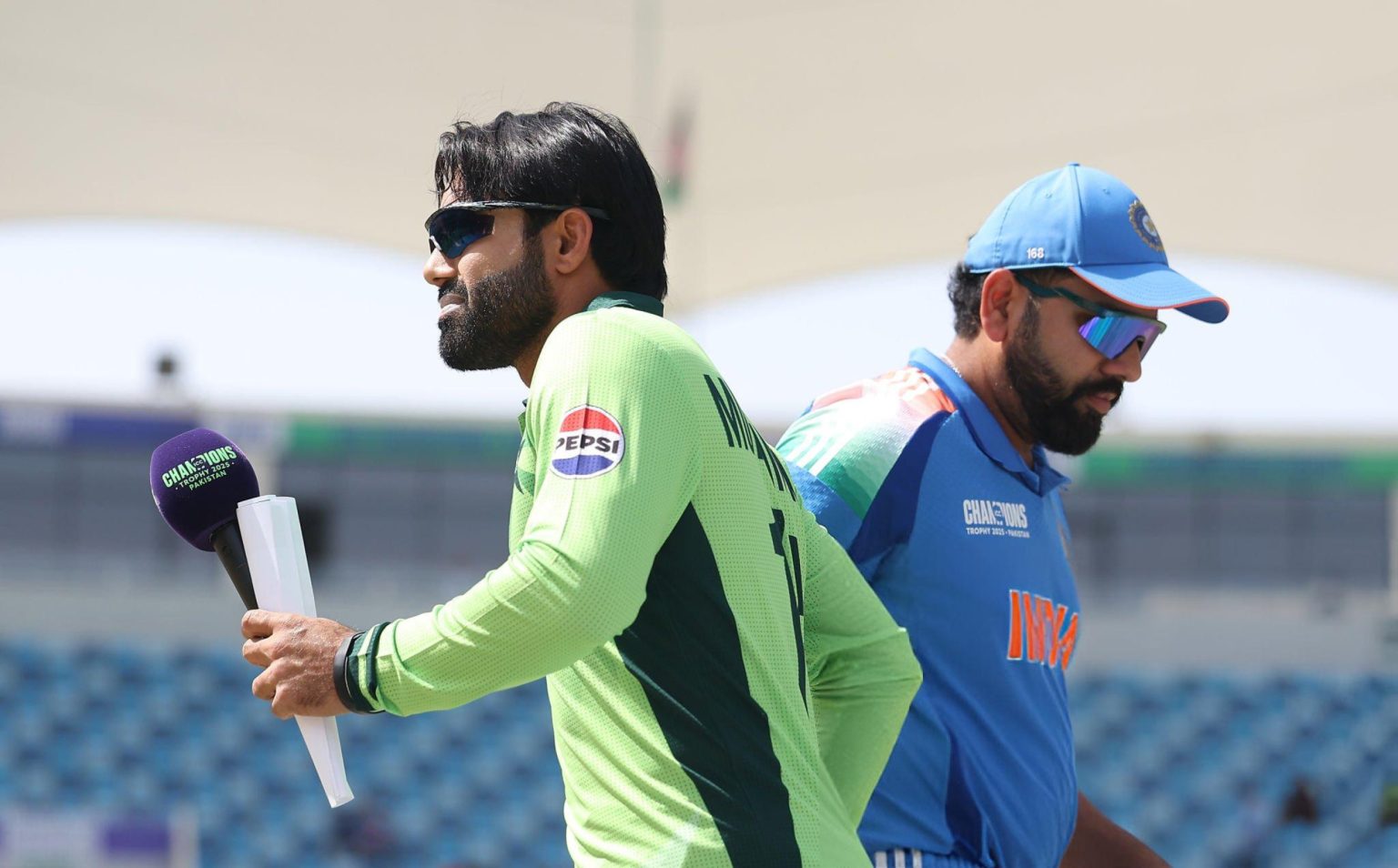India has officially withdrawn from the Asia Cup 2025 and the Women’s Emerging Teams Asia Cup, citing Pakistan’s leadership of the Asian Cricket Council (ACC) as the main reason behind its decision. The move marks a significant blow to both the ACC and the Pakistan Cricket Board (PCB), potentially jeopardising the future of the tournament.
BCCI cites political tensions and leadership conflict
The Board of Control for Cricket in India (BCCI) reportedly informed the ACC of its decision following growing political tensions between the two nations. A senior BCCI official told The Indian Express:
“The Indian team can’t play in a tournament that is organised by the ACC whose chief is a Pakistan minister. That’s the sentiment of the nation. We’ve verbally communicated our withdrawal and our future participation in ACC events is also under review.”
The controversy centres around Pakistan’s Federal Interior Minister Mohsin Naqvi, who currently chairs the ACC. Indian authorities have raised concerns over a conflict of interest, citing heightened national sensitivities in the wake of recent military actions.
Operation Sindoor and its fallout
India’s withdrawal follows Operation Sindoor, a military response to a deadly attack in Pahalgam, Jammu and Kashmir, that killed 26 civilians. The operation targeted terror hubs in Pakistan-occupied Kashmir, pushing diplomatic relations between the two countries to a new low.
In this context, the BCCI’s decision mirrors a broader governmental policy to avoid participating in any events administered by Pakistani officials — even in the sporting arena.
Uncertainty looms over Asia Cup 2025
The Asia Cup 2025, scheduled for September in the T20 format, was intended to serve as a prelude to the 2026 T20 World Cup. India, the reigning champions, were expected to headline the event again after their victory over Sri Lanka in the 2023 final.
However, India’s withdrawal could destabilise the entire competition. With most major sponsors and the bulk of the tournament’s TV viewership coming from India, the commercial future of the event is now uncertain. The ACC may have to revisit the hybrid model used in 2023, where India’s matches were played in Sri Lanka, if the tournament is to proceed.
Wider implications for the PCB and Champions Trophy
The PCB faces a serious challenge. Without India’s involvement, any ACC-led event risks diminished stature and revenue. The BCCI’s decision could also affect the ICC Champions Trophy 2025, set to be hosted by Pakistan. Given India’s current stance, the International Cricket Council may come under pressure to relocate the tournament or opt for a neutral venue format.
This development reflects a deeper rupture within regional cricket governance. The ACC’s structure and leadership could come under review if more member nations align with India’s concerns.
The future of India-Pakistan cricket
The decision casts fresh doubt over the future of the India vs Pakistan cricket rivalry, one of sport’s most anticipated and high-profile fixtures. With bilateral cricket frozen and multilateral encounters now in jeopardy, fans may only see the two nations clash in ICC global tournaments—and even that is no longer guaranteed.
Unless diplomatic relations thaw or administrative compromises are made, cricket’s most iconic rivalry could be reduced to a rare, reluctant sideshow.


